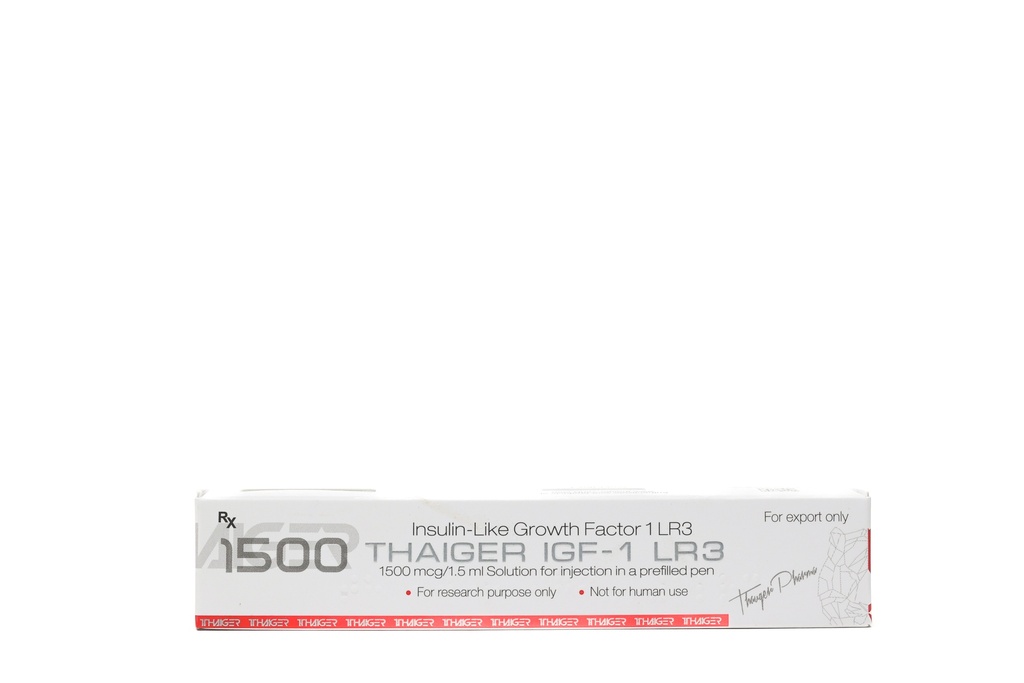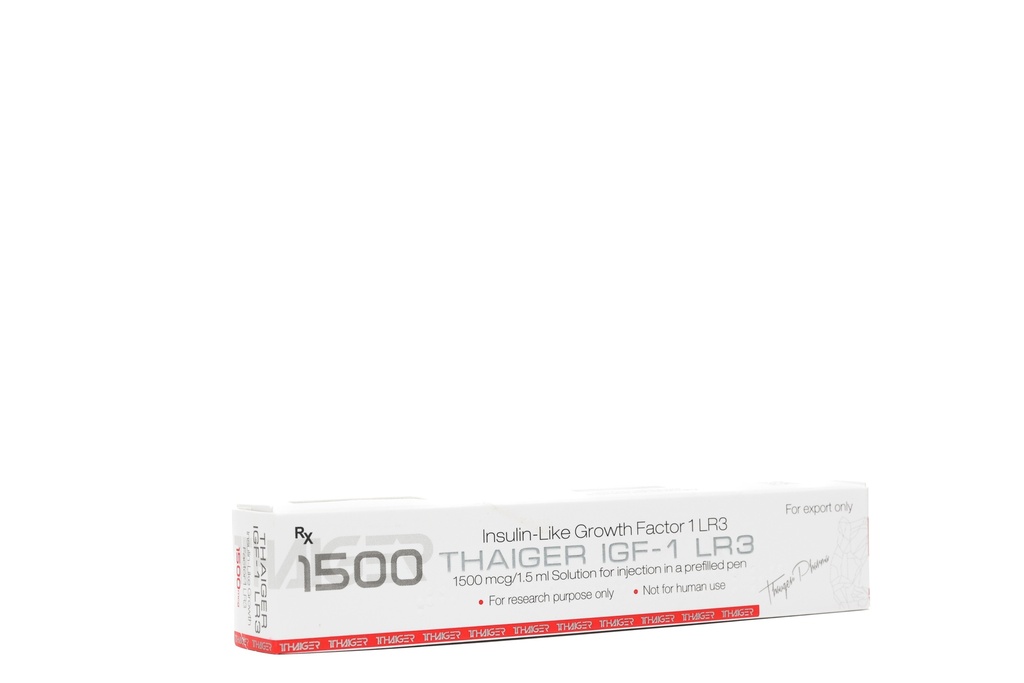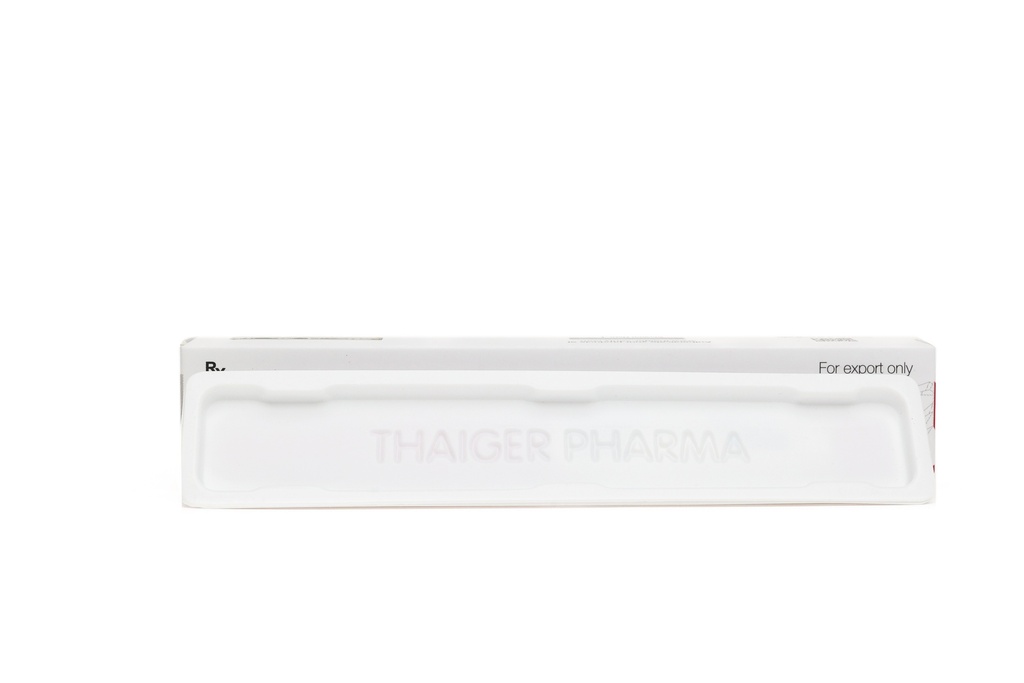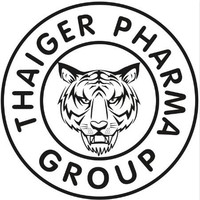- IGF-1 LR3 Receptor Grade is a premium research reagent for use in cell growth studies, IGF receptors and IGF binding proteins and is more potent than rH IGF1 and media grade IGF1. (Standard IGF1-LR3.)
- IGF1-LR3 is a modern, updated version of insulin-like growth factor (IGF-1).
- Therefore, the modified peptide stimulates many of the same hormonal and biological processes.
- For this reason, users of IGF1-LR3 report several health benefits, including muscle growth.
- IGF1-LR3 stimulates the production of growth hormone (GH).
- As such, users replace fat with lean muscle which allows them to bulk up and improve muscle mass.
- IGF1-LR3 offers a ton of potential for men and women who want to overhaul their body appearance and improve their self-image.
- However, before starting any new supplement make sure that you understand the following:
- Purpose
- How It Work
- IGF1-LR3 Benefits
- How to Use
- IGF1-LR3 Results
- Dosage / Storage Guidelines
- Insulin-like Growth Factor LR3 is deemed a more potent version of traditional IGF-1.
- Consequently, new users should follow expert advice regarding suggested dosage and storage (more details, below).
- Discover more about the purpose, mechanism of action, benefits, and recommended dosage for IGF1-LR3, below:
What is IGF1-LR3?
- pick up IGF1 LR3 from our top rated source, Core Peptides.
- IGF1-LR3 is a new, modified version of the hormone insulin-like growth factor (IGF-1).
- Insulin-like growth factor is essential to many bodily functions including burning fat, reducing swelling, and muscle growth.(1)
- Additionally, the peptide binds proteins and partitions nutrients to selective areas of the body.
- IGF1-LR3 is a lengthened and more stable version of traditional insulin-like growth factor-1.
- For this reason, users maximize results without pushing their bodies to the edge.
- IGF1-LR3 increases the production of growth hormone (GH) which is essential to weight loss and muscle growth.
- As such, IGF1-LR3 may not be as powerful as injecting standard HGH yet much safer and without the awful side effects.
- Human growth hormone is an incredible supplement yet needs to be administered safely and effectively.
- Thus, researchers hope that IGF1-LR3 can deliver many of the same benefits without pushing boundaries or personal safety.
How Does It Work?
- Insulin-like growth factor (IGF-1) is a natural hormone present in the body and essential to producing growth hormone (GH).
- It has been linked to strengthening muscles, tissue, bones, and cartilage.
- Unfortunately, IGF-1 production gradually decreases with age which coincides with a lack of strength and poor bone density.
- There are many health risks associated with poor IGF-1 levels including increased risk of cardiovascular diseases.
- Insulin-like Growth Factor LR3 is classified as a “human recombinant.”(2)
- In other words, the peptide is structured to repair DNA, promote new growth, and replenish decrypted biological activity.
- Recombinant proteins are encoded with DNA that are covered in an expression vector.(3)
- These proteins are critical to new growth and are easily manipulated.
- Consequently, the peptide can modify or repair damaged DNA.
- IGF1-LR3 modifies gene sequences while stimulating other biological activities and natural processes.
- There is evidence that the peptide influences the following biological processes:
- Protein Synthesis
- RNA Synthesis
- Glucose Transport
- Cellular Development
- Cellular Differentiation
- Notwithstanding, more research is necessary to understand how exactly IGF1-LR3 peptide stimulates these natural processes.
- Thus far, the initial studies are encouraging and lead many to believe that the peptide is a game-changer.
IGF1-LR3 Benefits
- There is no doubt the top benefit of IGF1-LR3 is weight loss and muscle growth.(4)
- The peptide builds lean muscle and supports long-term improvements in muscle mass.
- IGF1-LR3 targets insulin which is a critical source of growth hormones.
- These hormones promote rapid healing from burns and wounds plus fast recovery from injuries.
- Moreover, some believe that peptides like IGF1-LR3 have the potential to treat brain injuries and other diseases / disorders.(5)
- Accordingly, the peptide is linked with numerous other health benefits, including:
- Weight Loss
- Muscle Growth
- Improved Metabolism
- Better Sleep & Focus
- Rapid Healing & Recovery
- Improved Energy & Stamina
- Improved Sexual Performance
- The potential of IGF1-LR3 peptide is terrific.
- However, some of these benefits require more clinical research (more details, below) to reach a firm, decisive conclusion.
- Be that as it may, IGF1-LR3 has already shown outstanding promise for weight loss, improved energy, and muscle growth.
- Most importantly, the peptide does not display the same dangerous and harmful side effects as standard HGH injections.
- Thus, it’s easy to see why IGF1-LR3 has become popular with bodybuilders and those looking to gain lean muscle.
- The results from using IGF1-LR3 are, like most peptides, based on a couple of different sources.
- For starters, there is limited clinical research dedicated to the peptide yet it remains largely ignored by health experts.
- On the other hand, IGF1-LR3 has developed a strong reputation based on customer reviews and word-of-mouth reputation.
- It’s worth mentioning that this is not all that unusual for peptides since many remain outside the attention and guidelines of the FDA.
- Be that as it may, the National Institute of Health (NIH) has already confirmed that IGF1-LR3 is a better solution for muscle growth compared to anabolic steroids.(6)
- Furthermore, there is hope in the future that peptides like IGF1-LR3 may resolve any questions, concerns, or fears.
- Peptides are very much misunderstood yet are starting to develop a better reputation because of satisfied users.
- For now, there are multiple variants of IGF-1 each with its own benefits as well as limitations.
- What is known is that insulin-like growth factors serve a tremendous role in stimulating new muscle growth.(7)
- It promotes the development of growth hormone (GH) which is essential to gaining lean muscle and improving muscle mass.(8)
- IGF1-LR3, therefore, is 3x more powerful compared to traditional insulin-like growth factor (IGF-1).(9)
- Thus, the peptide improves results while also reducing the time spent recovering from serious wounds or injuries.
- Even better, there is optimism that more encouraging information will be published in the near future.
- Until then, IGF1-lR3 is a peptide that remains classified for experimental use and is dependent on testimonials from the gym.
How to Use
- Click Here Now to pick up IGF1 LR3 from our top rated source, Core Peptides.
- IGF1-LR3 promotes new growth without introducing dangerous side effects.
- Still, it’s important that new users follow recommended guidelines and suggestions for dosage (see, below).
- IGF1-LR3 is a potent synthetic version of regular IGF-1.
- Accordingly, new users must ease the transition into any supplement including IGF1-LR3.
- Thus, begin with a lower dose and monitor symptoms for the first 2 weeks.
- Then, you may gradually increase the dosage to achieve better results if the body is responding well to the new substance.
- IGF1-LR3 is not designed to be injected more than once daily because of the long half-life of the compound.
- In general, most users elect to use the peptide not long before a workout (approximately 10 – 30 minutes before hitting the gym).
- IGF1-LR3 is very effective yet users must properly cycle off the peptide to avoid any long-term consequences.
- The good news is that Post Cycle Therapy (PCT) can resolve any problems connected to getting off a supplement.
- Finally, it never hurts to speak with a licensed medical professional before starting any new supplement.
- IGF1-LR3 may interfere with other preexisting conditions or medications.
- (Special Offer! Save 5% – 10% on your IGF1-LR3 order by clicking here now!!)
Dosage
- Next, new users must ensure they are taking a recommended, safe dosage for IGF1-LR3.
- The peptide is much more potent compared to the standard form (as previously mentioned) which makes following guidelines important.
- Unfortunately, the FDA does not publish suggested dosages for IGF1-LR3 and other variants.
- Nevertheless, most recommend using a dose between 20 – 50mcg per day.
- However, some may upgrade a dose to 50 – 80mcg per day after making sure there are no bad reactions within the first couple of weeks.
- Regardless, do not exceed taking IGF1-LR3 for longer than 4 – 6 weeks.
- The powerful muscle growth supplement is best applied in short applications followed by Post Cycle Therapy (PCT).
- It’s crucial not to use IGF1-LR3 for longer than that time period to avoid unwanted side effects.
Potential Side Effects
- IGF1-LR3 provides the same qualities as the standard version while avoiding unwanted side effects.
- The peptide is not only great at building lean muscle and losing weight but does so without being harmful to the body.
- In general, the primary risk with IGF1 LR3 is abusing the peptide by injecting more than the recommended dosage.
- Moreover, the muscle growth supplement is abused when used for a longer time than suggested (4 – 6 weeks).
- For example, “bubble gut” is a symptom that develops from using IGF-1 for too long, and developing bloating as a result.
- Therefore, new users can avoid abuse by sticking to dosage guidelines and gradually introducing the body to the substance.
- It’s not uncommon for people to experience pain or discomfort at the site of injection.
- However, most of this discomfort usually goes away or becomes more tolerable after a couple of weeks.
- IGF1-LR3 may produce side effects like nausea, low blood sugar, or headaches.
- Notwithstanding, most of these side effects are mild and not a threat to long-term health.
- Still, new users should discontinue use if they notice or experience any unwanted side effects.
- Additionally, speaking with a physician can help address any questions or concerns you have about using IGF1-LR3.
- (Special Offer! Save 5% – 10% on your IGF1-LR3 order by clicking here now!!)
IGF1-LR3 Peptide Review Summary
- IGF1-LR3 is an improved, modified variant of insulin-like growth factor (IGF-1).
- For this reason, the synthetic version delivers the same benefits along with a much longer half-life.
- Therefore, users can get quick results in a single dose that lasts the entire day.
- IGF1-LR3 produces more energy and stamina required to hit the gym and lose weight.
- Most importantly, the peptide is outstanding at producing new lean muscle since it influences the growth hormone (GH).
References
- LeRoith D, Holly JMP, Forbes BE. Insulin-like growth factors: Ligands, binding proteins, and receptors. Mol Metab. 2021 Oct;52:101245. doi: 10.1016/j.molmet.2021.101245. Epub 2021 May 4. PMID: 33962049; PMCID: PMC8513159.
- Lu Z, Liu N, Huang H, Wang Y, Tu T, Qin X, Wang X, Zhang J, Su X, Tian J, Bai Y, Luo H, Yao B, Zhang H. Recombinant expression of IGF-1 and LR3 IGF-1 fused with xylanase in Pichia pastoris. Appl Microbiol Biotechnol. 2023 Jul;107(14):4543-4551. doi: 10.1007/s00253-023-12606-0. Epub 2023 Jun 1. PMID: 37261455.
- Assefa B, Mahmoud AM, Pfeiffer AFH, Birkenfeld AL, Spranger J, Arafat AM. Insulin-Like Growth Factor (IGF) Binding Protein-2, Independently of IGF-1, Induces GLUT-4 Translocation and Glucose Uptake in 3T3-L1 Adipocytes. Oxid Med Cell Longev. 2017;2017:3035184. doi: 10.1155/2017/3035184. Epub 2017 Dec 20. PMID: 29422987; PMCID: PMC5750484.
- Philippou A, Barton ER. Optimizing IGF-I for skeletal muscle therapeutics. Growth Horm IGF Res. 2014 Oct;24(5):157-63. doi: 10.1016/j.ghir.2014.06.003. Epub 2014 Jun 19. PMID: 25002025; PMCID: PMC4665094.
- Madathil SK, Saatman KE. IGF-1/IGF-R Signaling in Traumatic Brain Injury: Impact on Cell Survival, Neurogenesis, and Behavioral Outcome. In: Kobeissy FH, editor. Brain Neurotrauma: Molecular, Neuropsychological, and Rehabilitation Aspects. Boca Raton (FL): CRC Press/Taylor & Francis; 2015. Chapter 7. PMID: 26269893.
- Tahimic CG, Wang Y, Bikle DD. Anabolic effects of IGF-1 signaling on the skeleton. Front Endocrinol (Lausanne). 2013 Feb 4;4:6. doi: 10.3389/fendo.2013.00006. PMID: 23382729; PMCID: PMC3563099.
- Maki RG. Small is beautiful: insulin-like growth factors and their role in growth, development, and cancer. J Clin Oncol. 2010 Nov 20;28(33):4985-95. doi: 10.1200/JCO.2009.27.5040. Epub 2010 Oct 25. PMID: 20975071; PMCID: PMC3039924.
- Laron Z. Insulin-like growth factor 1 (IGF-1): a growth hormone. Mol Pathol. 2001 Oct;54(5):311-6. doi: 10.1136/mp.54.5.311. PMID: 11577173; PMCID: PMC1187088.
- Tomas FM, Knowles SE, Owens PC, Chandler CS, Francis GL, Read LC, Ballard FJ. Insulin-like growth factor-I (IGF-I) and especially IGF-I variants are anabolic in dexamethasone-treated rats. Biochem J. 1992 Feb 15;282 ( Pt 1)(Pt 1):91-7. doi: 10.1042/bj2820091. PMID: 1371669; PMCID: PMC1130894.
- The news and editorial staff of the Times-Standard had no role in this post’s preparation. This is a paid advertisement and does not necessarily reflect the official policy or position of the Times-Standard, its employees, or subsidiaries.
| Brands | Thaiger Pharma |

















